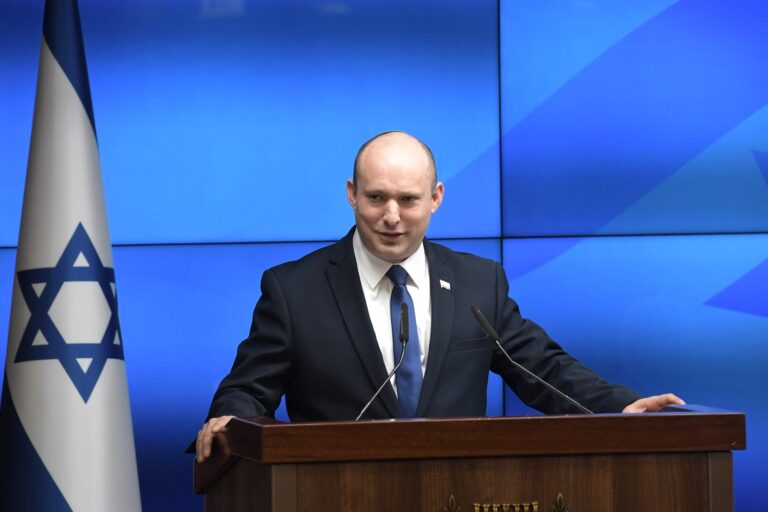 A judge on Friday halted deliberations in the case of four men accused of plotting terror attacks in the Bronx and upstate, after a piece of stray evidence wound up in a juror’s possession.
A judge on Friday halted deliberations in the case of four men accused of plotting terror attacks in the Bronx and upstate, after a piece of stray evidence wound up in a juror’s possession.
On the third day of deliberations against the so-called “Newburgh Four,” Judge Colleen McMahon found that a juror had a document of a phone call transcription made by one of the defendants. The document was not entered as evidence in the trial.
The judge then interviewed each of the twelve jurors separately to determine what happened during deliberations.
Juror #1 said she discovered she had pages in her evidence book that other jurors did not have. A few other jurors took a look at that forbidden transcript.
Defense attorney Sam Braverman said in court, “We have identified a critical or fatal flaw at this point.”
Also, 11 jurors had in their evidence books a second transcript of another phone call that the defense said they should not have had.
Prosecutors say one of the disputed transcripts should be in evidence, as it possibly involves some sort of confession.
James Cromitie, David Williams, Onta Williams, and Laguerre Payen face life in prison if convicted on charges of conspiracy and attempting to use weapons of mass destruction.
The defense says they were entrapped by an FBI informant to plan blowing up two synagogues in Riverdale, Bronx and shoot missiles at military plans in Newburgh, N.Y.
The informant supplied the four defendants with fake explosives and recorded hundreds of hours of conversations with them.
After interviewing the jury, the judge sent the jurors home. She said that the jury’s seeing the disputed evidence was “utterly, completely, totally inadmissable,” but told the jurors that they did nothing wrong. She said they did the right thing by bringing the issues to the court’s attention.
The judge did say the U.S. government is responsible for the documents, but prosecutors objected to jurors being questioned about one of the documents while they are deliberating.
Assistant U.S. Attorney David Raskin said, “We are treading on dangerous ground.”
The judge fired back, “Who’s fault is that?”
David Williams’ father, also named David Williams, was troubled by the day’s events, which have the possibility of derailing the case.
“It is a long case, it is a lot of paper work, a lot of things going on, and I’m sure the judge is just as disappointed about this as anybody else, you know what I mean? I’m truly disappointed,” said the elder Williams.
The judge said she would work on Columbus Day to try to correct the problem.
The jury continues deliberations on Tuesday, and the possibility remains that the trial could be called a mistrial.
(Source: NY1)










